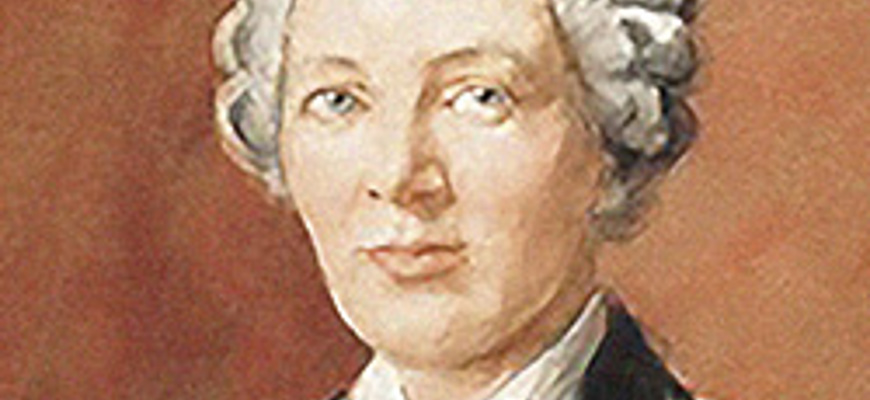A bar removed

Today, there are 130 practising female advocates in Scotland. Before 1923 there had been none; then along came Margaret Henderson Kidd, who died 25 years ago this year.
During a prestigious legal career Kidd notched up an impressive list of female firsts: as well as that breakthrough bar status, she was the first female lawyer to plead before the House of Lords and before a Select Committee of the House of Commons, the first woman to become a King’s Counsel in the United Kingdom, and the first officially to occupy the post of sheriff principal (for Dumfries & Galloway).
It is difficult to overstate the extent of the male dominated world in which she operated; indeed Kidd remained Scotland’s only female advocate until as late as 1948.
Assessing her achievements, Lord Hope of Craighead wrote: “Her success was won by strength of character, courage and integrity.” Kidd’s own view was more modest, opining that she “had a lot of luck to be in the right place at the right time”.
Margaret Kidd was born in Bo’ness on 14 March 1900. Her mother was a teacher and her father a solicitor and Unionist MP for Linlithgowshire. She was educated at Linlithgow Academy before studying law at Edinburgh, where she graduated MA, and LLB in 1922. Her early legal training was with Mitchell & Baxter WS, in Edinburgh.
She became the first woman called to the Faculty of Advocates in July 1923. She married Donald Somerled MacDonald in 1930 and became Margaret Henderson MacDonald-Kidd.
In 1948, when she was standing junior counsel for the Post Office and the Ministry of Works, Macdonald-Kidd was appointed Britain’s first female King’s Counsel. By that time she had become editor of the Court of Session law reports of the Scots Law Times, a post she held from 1942 until 1976. She was keeper of the Advocates’ Library, an honorary post of the Faculty of Advocates, from 1956 to 1969.
Her appointment as Sheriff Principal of Dumfries & Galloway came in 1960; she moved to become Sheriff Principal of Perth & Angus in 1966.
Macdonald-Kidd also found time to be an assistant lecturer in public law at Edinburgh University, and in 1934 she was a founder member of the Stair Society, which was established to promote knowledge of the history of Scots law.
Her life of achievement was recognised in 1975 when she became Dame Commander, Order of the British Empire. Fittingly, she received an honorary LLD from the University of Dundee in 1982 and the same honour from her own University of Edinburgh in 1984.
No doubt Scotland’s current female advocates acknowledge the crucial role played by this pioneering woman, who died in Cambridge on 22 March 1989.
In this issue
- Respect revived
- Adoption: when should contact continue?
- Family values
- Designs on IP law
- Section 29 claims, time bar and service
- Sharing the rewards
- Reading for pleasure
- Opinion: Lauren Wood
- Book reviews
- Profile
- President's column
- Making the big changeover
- People on the move
- Another leap forward
- LBTT: aligning payment and registration
- The (legal) people have spoken
- Powers of attorney: another angle
- Greatness begins with a pin badge
- Jackson: has it delivered?
- The test for causing alarm
- When do licensed premises "cease to be used"?
- Empowering communities
- Has clawback lost its tax bite?
- Scottish Solicitors Discipline Tribunal
- Property Law Committee Update
- Call it a comeback
- Refereeing the referendum
- Law reform roundup
- From the Brussels office
- What's next for SYLA?
- Mediation first
- When life begins at 60
- With growth there is risk? (2)
- Ask Ash
- Sustainable future: new ideas for the training contract
- Mentoring - why?
- Lender Exchange: what's it about?
- A bar removed






